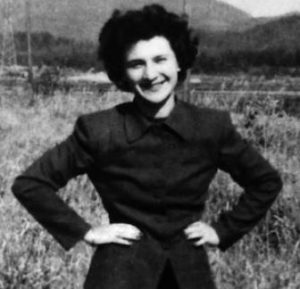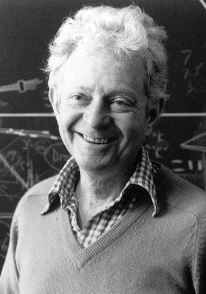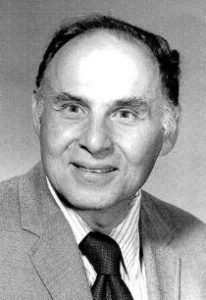Ukraine’s President and Prime Minister
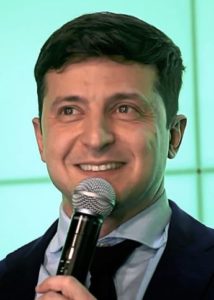
Volodymyr Zelensky
Volodymyr Oleksandrovych Zelensky (b. 1978) was born in Ukraine to Jewish parents. As a child, he spent four years living in Mongolia where his father worked. While studying at school, he joined his local comedy troupe, and eventually made it to Ukraine’s national comedy team. They won the KVN comedy championship in 1997 (a pretty big deal in the former Soviet Union) and Zelensky, despite having a law degree, decided to pursue a full-time career in comedy. He created a new troupe, Kvartal 95, which continued to perform across Russia and Ukraine, and eventually got their own TV show in 2003. Five years later, Zelensky made it to the big screen, starring in his first feature film. In 2015, Zelensky’s Kvartal 95 produced a new series, Servant of the People, with Zelensky in the lead role playing a young high school teacher who surprisingly becomes Ukraine’s president. The show was hugely popular, and was renewed for two more seasons, and a film. Last year, Zelensky registered “Servant of the People” as a political party in Ukraine, and actually ran in its real-life elections earlier this year. As he toured the country during his campaign, he also continued to perform with Kvartal 95. Incredibly, Zelensky won the election in a landslide (winning 73% of the vote), and will be inaugurated this week as Ukraine’s 6th president. It is hoped that he will strengthen Ukraine’s economy, fight corruption, bring calm to the civil wars in the country’s east, and work towards greater independence from Russia. While it is too early to tell what kind of president he will be, many are already predicting that unfortunately (as has happened too often in history) if Zelensky will turn out to be a successful president he will be hailed as a great Ukrainian, and if he fails, they will call him a traitorous Jew.
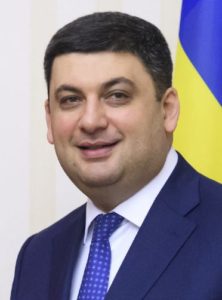
Volodymyr Groysman
While Zelensky will be Ukraine’s first Jewish president, he is preceded by Ukraine’s first Jewish prime minister, Volodymyr Borysovych Groysman (b. 1978). Groysman was born in the town of Vinnytsia, and worked in his father’s business growing up. While still studying law, he ran for city council in 2002 and won a seat. Shortly after graduating, he joined the Our Ukraine party, and the following year was elected mayor of Vinnytsia. Being just 28 years old, that made him the youngest mayor in Ukraine’s history. He was praised for his tremendous work and won re-election with 78% of the vote in 2010. Four years later, Groysman was appointed as Ukraine’s Minister of Regional Development, and several months after that, made chairman of the parliament. His popularity continued to rise quickly, and when the prime minister resigned in 2016 over corruption allegations, parliament elected Groysman as his replacement. Aged 38 years, he became Ukraine’s youngest-ever prime minister, and its first Jewish prime minister. He has worked diligently to combat corruption, and also supports greater integration with the West. Ukraine is now the only country in the world outside of Israel to have both a Jewish prime minister and a Jewish president.
Words of the Week
A person’s main vitality lies in his intellect. One who is not using his intellect to its full potential is considered asleep. Many people who seem to be alive are in fact sleeping their lives away.
– Rabbi Nachman of Breslov (Likutey Moharan I, 60:6)

